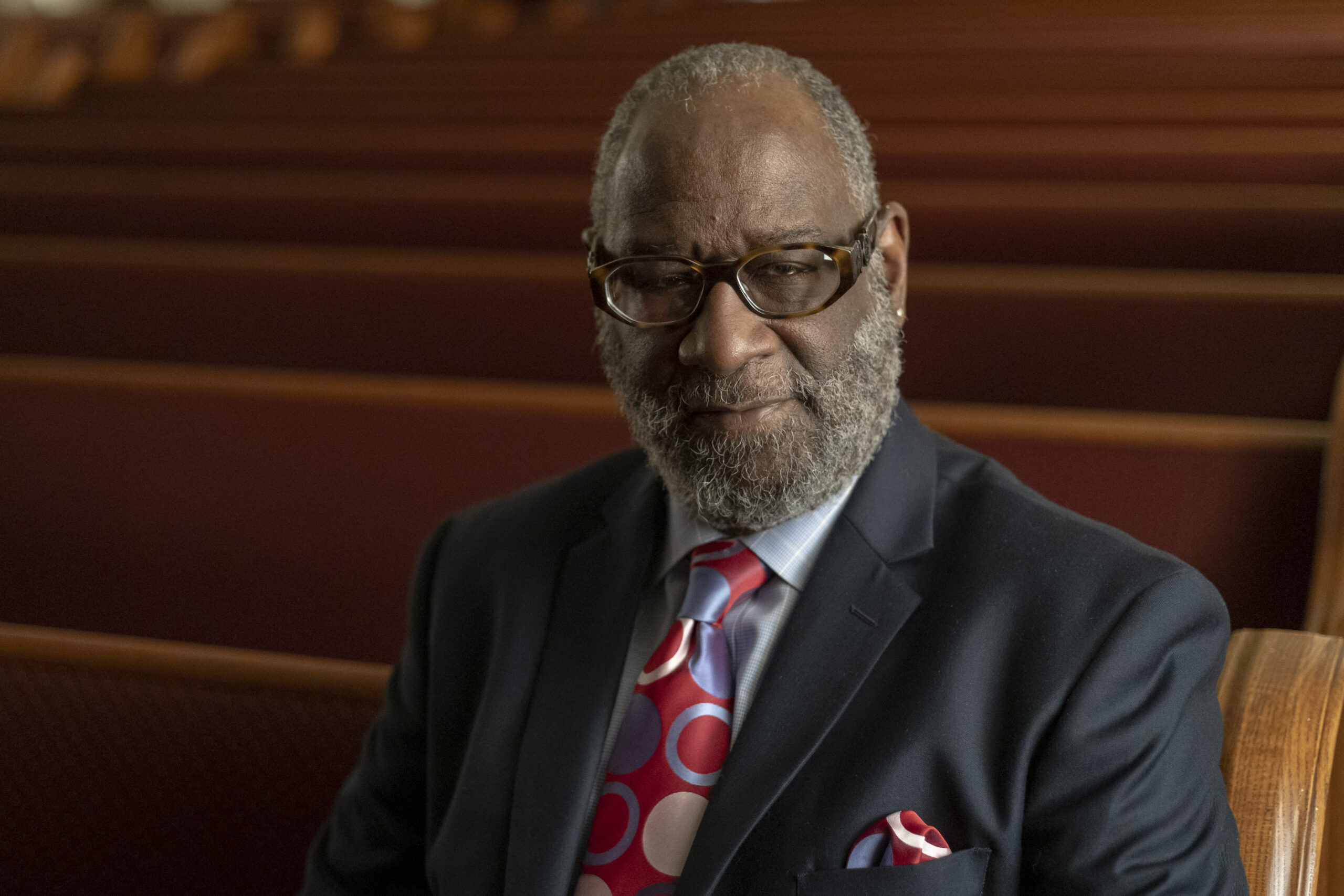
During a recent conversation with a group of Black men, it was suggested that although we are proud of and want our Black women to thrive, it has been at the expense of Black men. One brother recounted a conversation held at his barbershop where it was stated that “Black Girls Magic” has turned into “Black Mans Tragic.”
The juxtaposition of “Black Girl Magic” and any notion of “Black Men’s Tragic” touches on complex discussions surrounding gender, success narratives, and intra-community dynamics within the Black community.
“Black Girl Magic” is a term and movement that celebrates Black women’s beauty, power and resilience. It emerged as a way to affirm Black women’s achievements and capabilities in the face of systemic racism and sexism. The phrase champions the successes and contributions of Black women and girls in various fields, encouraging empowerment and pride.
The suggestion that this celebration has turned into “Black Men’s Tragic” may imply a belief that there’s a zero-sum dynamic at play within the community, where the upliftment and success of Black women could be perceived as coming at the expense of Black men. However, this viewpoint can be problematic, as it frames the achievements of one group as the downfall of another rather than recognizing the potential for mutual success and support. The celebration of Black women and their successes does not inherently mean the marginalization or failure of Black men.
The disparities and challenges faced by Black men, including racial profiling, mass incarceration, violence and economic inequities, are significant and deeply rooted in systemic racism. These issues require direct attention and action. They are not caused by the empowerment of Black women but by broader societal injustices and inequalities.
Efforts to uplift Black men and address these challenges can coexist with the celebration of Black women. It is essential to work toward a society where the achievements of one group do not feel like a threat to another, but are seen as collective progress. Realizing this requires focusing on dismantling the systems of oppression that impact all Black people and fostering a community ethos that values solidarity, empathy and mutual support.
The transformation or advancement of one segment within the community should be viewed as a communal triumph, not a zero-sum game. Promoting narratives that celebrate the achievements of both Black men and women while actively addressing the systemic challenges each faces can contribute to a more inclusive and empowering environment for everyone.
By Wane A. Hailes
—
